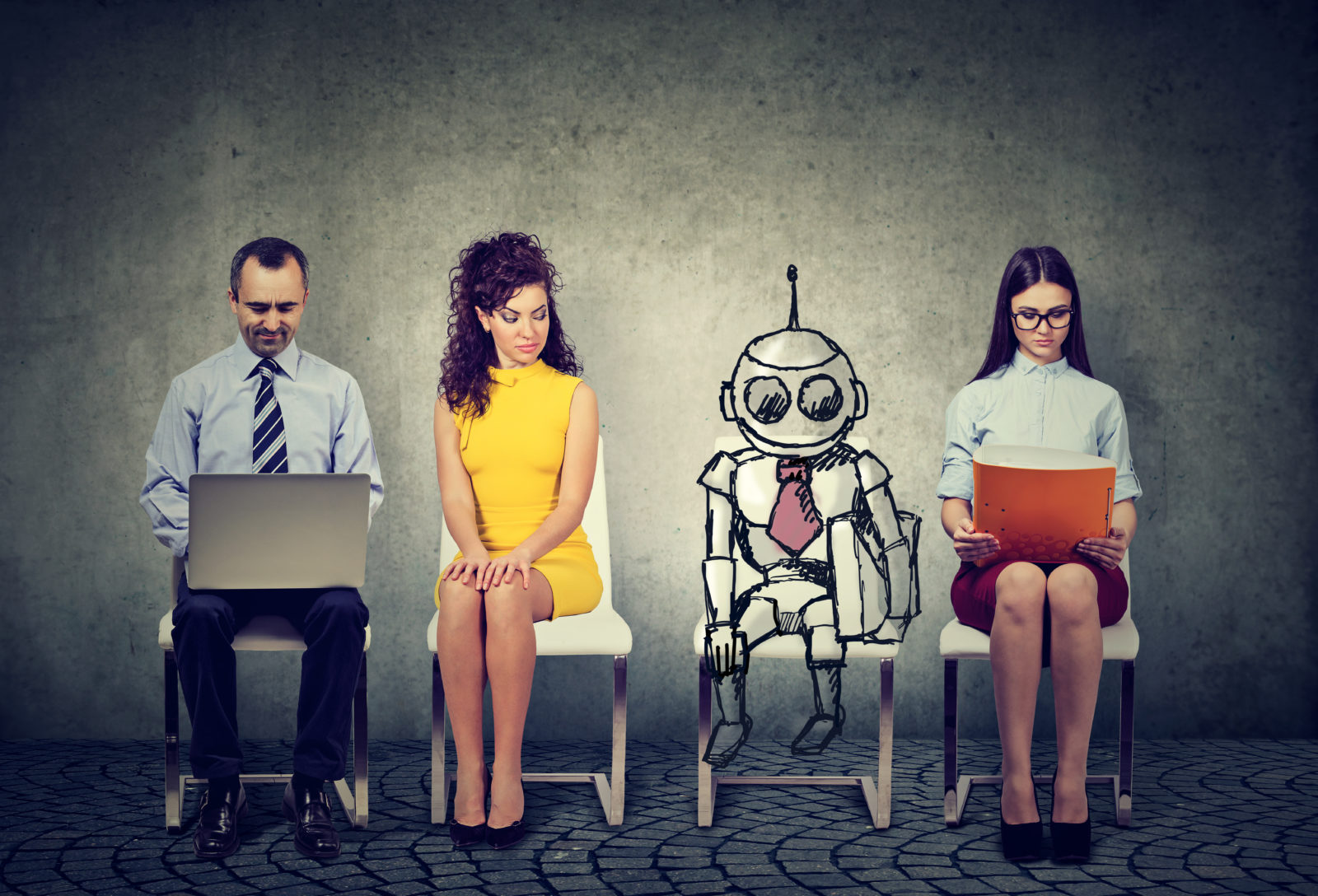The Limits of Talking to a Machine
Originally published at Newsmax“Just get me to a human!” Those were my words just a few weeks ago, the last time I can recall speaking directly to a machine. It was the Xfinity phone system assistant.
I get that there’s a need for large national corporations to effectively manage interactions with their customers, especially with the labor shortages and spikes in internet usage brought about by the COVID-19 pandemic.
But leaving me to fend for myself with a machine – especially a stubborn, unhelpful one! – isn’t my idea of superior customer service.
Eventually, the Comcast assistant got the drift and passed me on to a human being, who quickly and kindly helped me out by doing exactly what the machine said could not be done for me.
While it’s certainly possible to have a more satisfactory experience talking to a machine, it’s usually not our first choice.
From birth, we are steeped in human interactions of all kinds.
By adulthood, we are too used to the natural nuances of conversations with people to have much desire or patience to speak with something we know is artificial.
But could there be situations when we’d prefer a machine? And would those interactions be as beneficial to our health as interactions with other humans?
In a recent TED Technology talk, consumer psychology researcher Anne Scherer argues that in some cases, humans can be more honest with machines than people.
She reports on studies she and her colleagues have conducted that show an increase in social apprehension among people answering personal questions to a human-like chatbot versus a straightforward machine-like chatbot.
“Sometimes letting a machine be a machine is actually a good thing,” Scherer surmises. She suggests that perhaps machines can “give our constant need for self-presentation and perfection a time-out.”
She goes on to say we could take a cue from our machine counterparts and “be less judgmental when another person openly shares their thoughts, feelings, and problems with you.”
It’s a valid point that we can all afford to be less judgmental as we listen to others, especially in today’s intolerant political climate.
But we don’t learn to be resilient and discerning by having frictionless interactions with everyone we come across. We often gain valuable insight about life, other humans, and ourselves through our communications, good and bad, with other people.
The quirks of human conversation—the awkwardness, the body language, the self-consciousness, the abuse or failure of words, the misunderstandings, and even the judgments—are compensated for by the benefits we can get from supportive conversation with people who care.
A new study from New York University Langone Medical Center is just the latest reminder that supportive social interactions in adulthood can promote “greater cognitive resilience” to help stave off the effects of brain aging and disease in older age.
But as beneficial as social interactions between humans can be, there are some cases when stigma or trauma can mean important things are missed. Could machines help in those instances?
In her talk, Scherer discusses research conducted with the U.S. Army. One study involved a virtual human interviewing platform that used sensors to read non-verbal communication cues and detect signs of posttraumatic stress disorder (PTSD) that may not have been reported by service members on the official and personally identifiable Post-Deployment Health Assessment (PDHA).
Another study found that the service members interviewed before and after a one-year deployment in Afghanistan reported more symptoms to a virtual human interview platform than on even an anonymized PDHA.
Although machines could play a supporting role in securing help for people who have experienced great suffering or loss, it is encouragement and support from caring human beings—the human factor—that will bind us up, give us hope, and help us get through difficult things.
And although machines have had some success with narrow AI problem solving, the promise of super-intelligent machines being imminent is a myth. It’s a profound mistake to equate artificial intelligence with human intelligence. More on that in future posts!
Our technology—the machines built with our art and skill—can better humanity in amazing ways. But machines can’t replace our need for each other.
